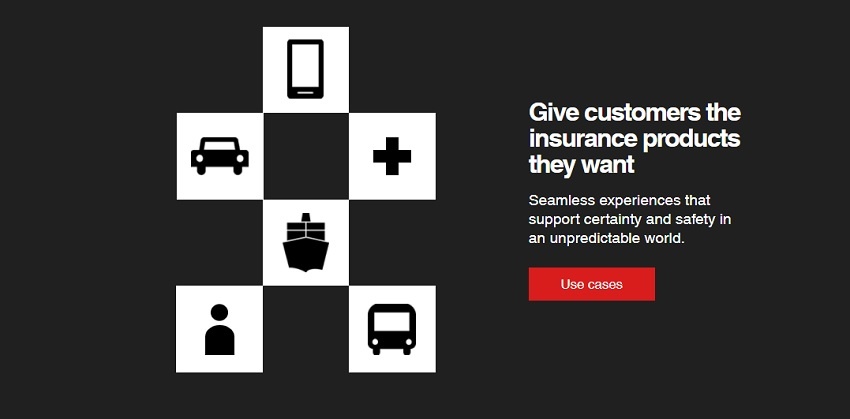Kenya-based B2B and B2B2C insurance-as-a-service platform and API Lami has digitised the entire insurance value chain end-to-end, and is busy expanding its customer base.
The Lami platform and API handles things like KYC, pricing, underwriting and claims processing all in one place, and can be used to create, distribute and embed any type of insurance product at any point of sale.
“Lami delivers insurance fully digitised and through distribution channels in the right context, targeting new age distribution channels like online platforms, digital logistics companies, banking apps, and many more targeting the new digital younger customers,” Jihan Abass, founder and chief executive officer (CEO), told Disrupt Africa.
The startup launched its first product running on the Lami API, the Griffin motor insurance app, in January 2020, and has since begun offering its service to B2B partners to streamline their insurance operations and distribute new age products. Abass said uptake has been positive.
“We have sold over 3,000 policies with Griffin and have signed contracts with distribution partners including Jumia and Standard Bank,” she said.
Lami, which charges a fee on each processed insurance policy, is fixing issues around the distribution of insurance, which it believes was being done incorrectly in the past, as well as the lack of technological infrastructure to facilitate the simple and quick distribution of insurance products at scale.
“Lami is essentially the technological infrastructure that has been missing for the simple, easy and cost effective distribution of insurance products at mass scale. It simultaneously gives underwriters access to markets that they were unable to reach in the past,” said Abass.
The startup’s main competitors are insurance-as-a-service platforms such as Inclusivity Solutions, which focuses on-micro insurance and mostly distributes via telcos, and Genasys and TurnKey Africa, which sell software rather than operate an as-a-service model. Abass believes Lami stands apart from its competitors, and it is now looking for funding to help it grow.
“Since inception we have not raised any institutional funds or external investors until now. All previous funds have come from the founders and one non-executive mentor to the business. We are currently raising our seed round with a portion already funded by angel investors and funds,” she said.
Lami also took on some grant capital recently, after it was one of the six African startups chosen by Catalyst Fund as part of the eighth cohort of its inclusive fintech accelerator. The selection will see the startup receive GBP80,000 (US$110,000) in grant capital, bespoke and expert-led venture building support from BFA Global, which manages Catalyst Fund, plus one-on-one connections with investors and corporate innovators that can help it scale.
“Currently we are in Kenya but we hope to expand to the rest of East Africa and a few countries in West Africa soon,” Abass said.
The main hurdle faced by Lami in its short life so far has been the fact that there is a general distrust toward insurance.
“I think this is one of the reasons insurance penetration still stands at less than three per cent across most developing countries, particularly those in Africa,” said Abass.
“This is something we’re trying to change by transforming the journey and offering innovative products that meet the changing needs of individuals and those of new age businesses emerging across the continent.”


